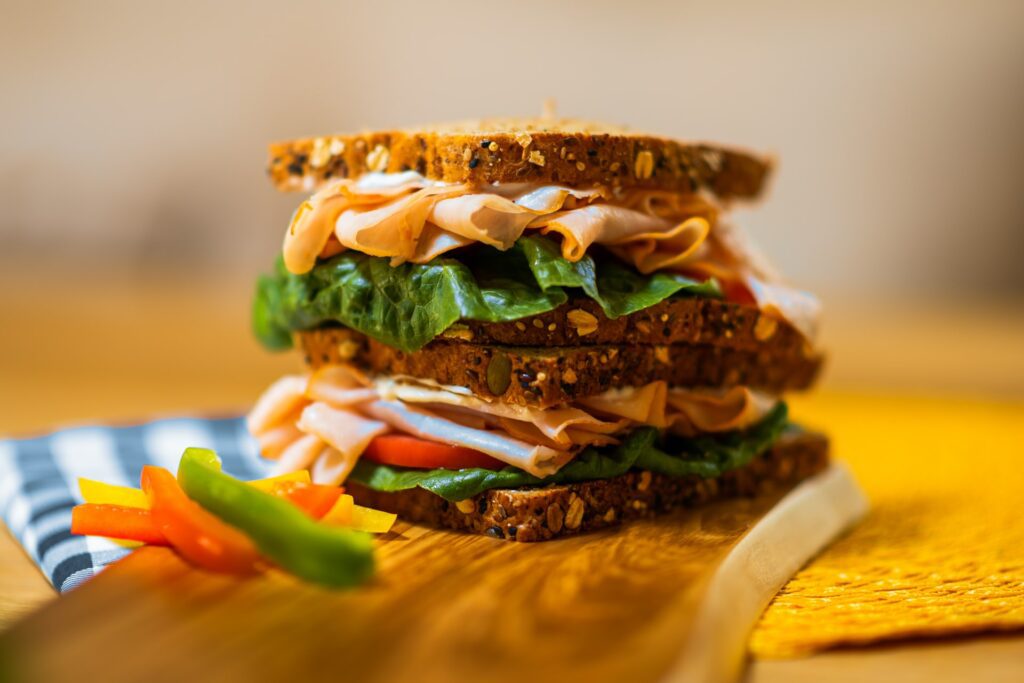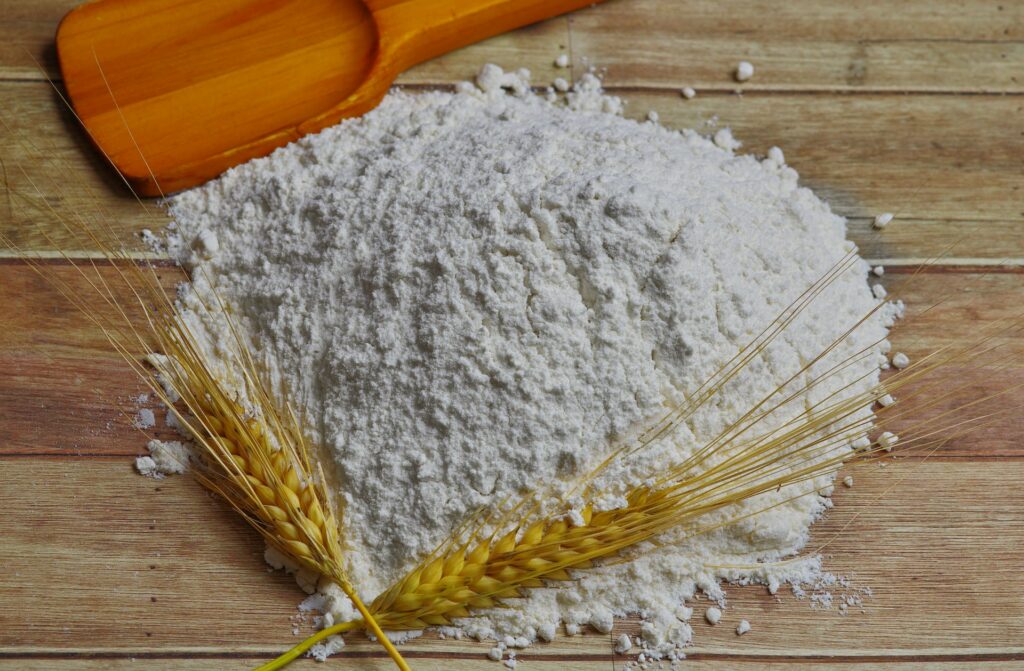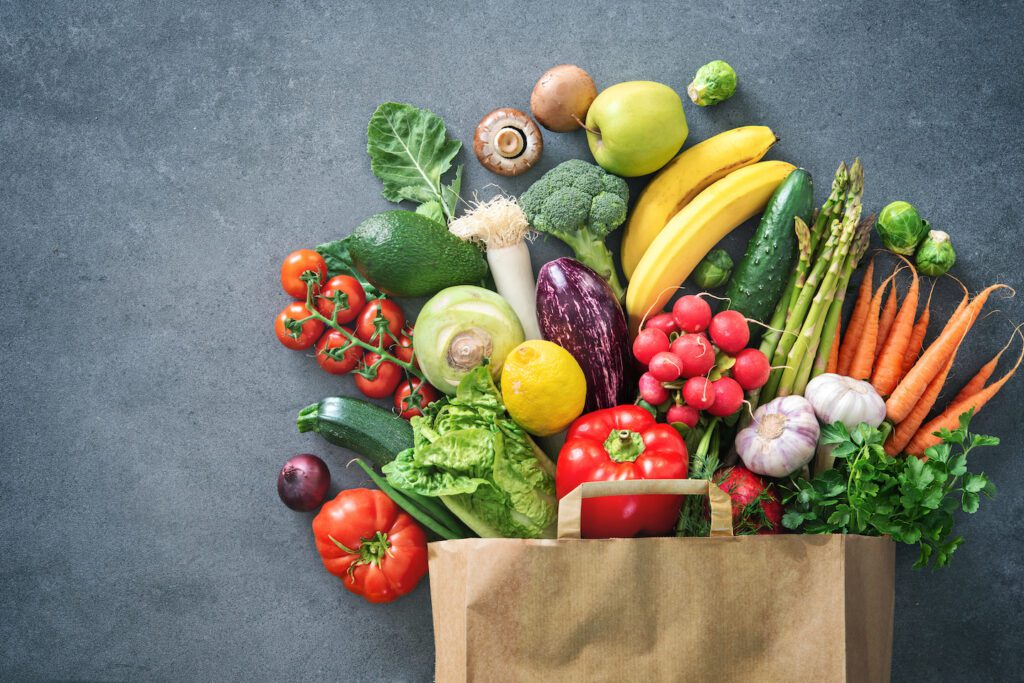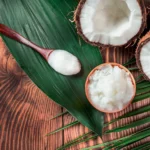Inflammation is generally a standard and effective response that facilitates healing. Most people think of inflammation as external signs: swelling, bruising, redness, heat, and the immediate pain you feel when you injure yourself.
Chronic inflammation, unfortunately, is a different story and can be caused by stress, lack of exercise, smoking, pollution, and lack of sleep. The foods you eat can also affect your inflammation which can adversely and seriously affect joint pain — especially joint pain caused by arthritis.


These are the ten foods that cause joint inflammation:
Sugar and Specific Sugar Alternatives
Sugar can be the greatest enemy of inflammation. Foods containing refined sugar—including pastries, chocolate, candy, soda, and even fruit juices—trigger the release of inflammatory messenger proteins called cytokines, which induce inflammation. Sugar is labeled in many ways in food items; in addition to sugar, watch out for other sugary bi-products ending in “-ose” such as fructose, sucrose, or maltose in ingredient lists.
Cutting back on regular sugar may lead people to seek out foods made with sugar alternatives, such as aspartame and sucralose, when a sweet tooth hits. However, some people are sensitive to these substances, which can also cause an inflammatory response from the body. Sugar alternatives are often found in diet sodas, gum, sugar-free candy, low-fat yogurt, and pudding.
Trans fats
Trans fats are a proven cause of systemic inflammation and significantly increase joint pain as they increase the amount of undesired cholesterol or Low-Density Lipid Cholesterol.
The foods with the most trans fat include fast foods, fried foods, processed snack foods, sugary snacks, and carbohydrates. Avoid foods rich in hydrogenated oils or products containing “Partially hydrogenated” oil in packaged goods, and margarine can help battle off joint pain.
Dairy
Dairy contains high levels of the protein casein, which triggers inflammation and joint pain. Some dairy products, such as butter, contain high saturated fat, which can also contribute to inflammation and joint pain. Soy and almond milk are suitable substitutes for dairy products without the inflammatory side effects.
Processed Meats


Processed meats contain a high amount of saturated fat. But also contain nitrites and purines, increasing inflammation and leading to joint pain. Avoid hot dogs, corned beef, bacon, and sausages, as they are all processed meat. Go for lean, fresh cuts of meat instead.
MSG
The flavor-enhancing chemical Mono-sodium glutamate (MSG) is most commonly associated with Asian-style food and soy sauce. However, it is also found in some fast foods, soups, mixes, and salad dressings. It has been linked with chronic inflammation as it severely affects inflammation pathways and stimulates swelling in the joints. Check your labels and opt for foods that are MSG-free.
Salt
Your body needs sodium in salt for many functions, but consuming too much can be asking for trouble as higher salt intake leads to more significant inflammation and an increased risk of arthritis and joint pain.
Look for foods that are low in sodium and have no added salt. Try spicing up your food with herbs and spices, such as ground pepper, oregano, cumin, minced garlic or powder, onion powder, or seasoning mixes with no added salt. They will enrich the taste of your food in ways that salt can’t.
Eggs


Consuming eggs regularly in your diet can increase swelling and joint pain as the yolks contain arachidonic acid, which can trigger inflammation when broken down by the body. Eggs also have high amounts of saturated fat, which is known to induce joint pain.
Moderation with eggs is essential, limiting to twice a week, and pass on the yolks if possible, using solely egg whites.
Red Meat
Many cuts of red meat are high in saturated fats and omega-6 fatty acids, which may cause high cholesterol. In addition, when prepared at high temperatures, red meat contains high levels of advanced glycation end products (AGEs) that incite inflammation in the circulatory system and joints.
An excellent alternative is to seek meats low in saturated fat, including skinless-white meat poultry, extra-lean ground beef, lean pork, and Fish. For boosted benefits, prepare foods using healthy cooking methods, such as baking, broiling, steaming, and grilling with olive oil instead of frying.
Refined Grains


When processed and refined, the structure of these grains is simplified, and grains lose most of their nutrient-rich fiber, minerals, vitamins, and fatty acids, which help with inflammation reduction. Food, the highest in refined carbohydrates, is white bread, white rice, cookies, and cakes; the simple structure of these carbs breaks down into the body rapidly into sugars which also can trigger inflammation.
To increase nutrition while minimizing inflammation, stick to whole grains when you shop or cook.
Alcohol
Experts agree consuming too much alcohol increases inflammation and health risks. However, the research regarding moderate alcohol consumption is mixed.
To decrease inflammation, try cutting alcohol altogether for 4 to 6 weeks and see what happens. You may notice a decrease in inflammatory joint pain. You may also notice that you sleep better, which can help decrease chronic pain symptoms.
Foods that Fight Inflammation


If you discover that some of the ten inflammation-causing foods are causing you discomfort. The great news is that you can battle this by adding foods into your diet that fight inflammation:
- Fruits and veggies – go for bright-colored vegetables and fruits:
- Tomatoes: Lycopene present in tomatoes are natural antioxidants that reduce inflammation
- Green leafy vegetables: Such as spinach and kale, contain vitamin K, which curbs inflammation.
- Fruits like cherries, blackberries, and blueberries are rich in antioxidants.
- Chilli pepper is rich in capsaicin.
- Tomatoes: Lycopene present in tomatoes are natural antioxidants that reduce inflammation
- Whole grains: Fiber-rich, unprocessed foods such as brown rice, whole-wheat bread, and oatmeal curb inflammation.
- Beans: They are fibrous and have high antioxidants, making them suitable as an anti-inflammatory.
- Nuts and Fish and omega-3 polyunsaturated fats and monounsaturated fats prevent inflammation.
- Olive oil contains essential fats, which lowers inflammation.
- Coffee contains polyphenols – when consumed in moderate amounts, coffee fights inflammation.
- Herbs and spices: Turmeric, garlic, ginger, and cinnamon are some of the best anti-inflammatory agents.
- Vitamin D: It also reduces inflammation and controls the immune system, so the body can better ward off sickness and disease, including arthritis.








